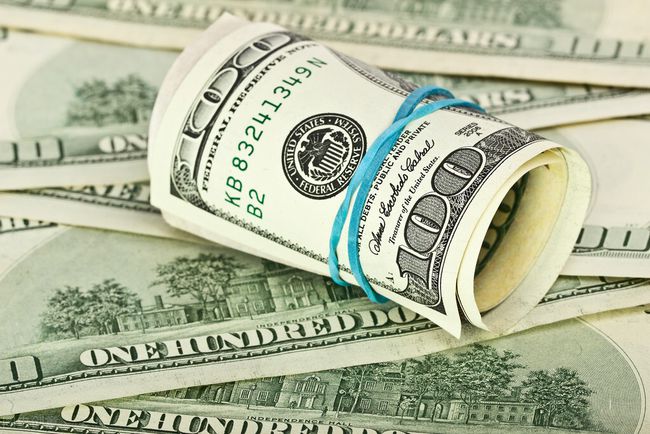Rovello, a general partner at IVP Ventures, recently said in a social media post that U.S. startups are facing a "mass extinction event," meaning that a large number of startups are about to fail due to a lack of funding. He called the influx of venture capital in 2021 a "drinking binge" for the industry, which is now facing the consequences of "drinking too much. He said the venture capital boom that started in 2021 is over and the U.S. is about to see a wave of startup closures.
According to the U.S. Business Insider website reported on the 10th, a number of star startups have fallen into the "end of the road" situation. Zume, a robot pizzeria that received $500 million from SoftBank and other well-known venture capital institutions, shut down this month, Neeva, which provided search engine and browser services, shut down, and Plastiq, a mobile payment startup that received $140 million in funding, filed for bankruptcy protection last month. Crunchbase, which focuses on startup investment and financing data, shows that 72 well-known startups have closed down so far this year. It is widely believed that more startups will follow.

In this regard, the U.S. "Wall Street Journal" analysis said that the market is very abundant in venture capital funds in 2021, the U.S. government during the epidemic to support small and medium-sized enterprises of large sums of money also flow into the bag of startups, which makes the U.S. venture capital market a prosperous, even some poorly qualified projects also get financing.
This year, with the U.S. economy facing recession under the shadow of hyperinflation, venture capital funding and bank loans are extremely scarce. The business model that was viable when there was plenty of capital is no longer viable when capital is scarce. Due to the influx of capital into the venture capital market two years ago, some startups have accumulated a lot of cash, so many are barely hanging on despite further financing difficulties.
Some venture capital professionals say that if it weren't for the fact that there was so much venture capital money back then, many startups simply wouldn't last so long under the current difficult conditions.
According to Silicon Valley data research firm PitchBook, the annual internal investment return for U.S. venture capital firms was -7% in the third quarter of 2022, the lowest since 2009. U.S. startup funding totaled $37 billion in the first quarter of this year, a 55 percent plunge from a year ago.

Researchers say historical data on startup closures often lack sufficient tracking statistics. But data aggregated by a company called Carta shows that 45 percent of the 1,100 companies that got seed financing in 2017 never got follow-up financing again.
A study by University of New Hampshire scholar Hongji Li and others shows that of the nearly 5,000 U.S. startups that received their first venture capital funding between 1995 and 2013, only 16 percent were successfully acquired or went public.
Lee analyzed that the probability of startup failure is bound to increase when the economy is down, and the law of the venture capital industry is that startups cannot operate if they do not receive financial support.

